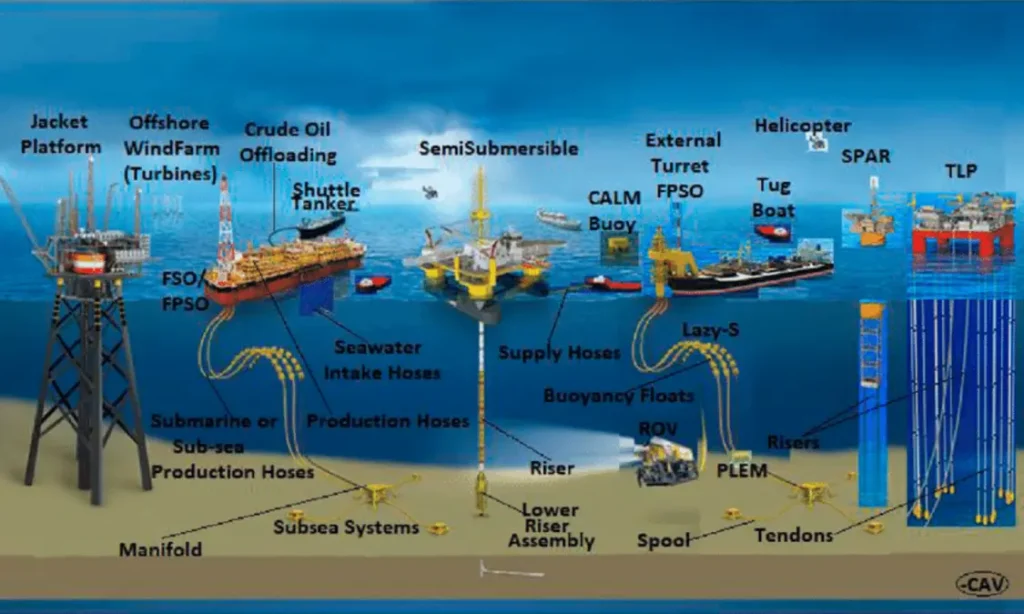Table of Contents
Have you ever wondered what truly lies behind the term “offshore”? Often linked with businesses, banking, and even scandals, the word carries a veil of mystery and complexity. Let’s embark on a journey to demystify this concept, making sense of its multiple facets in a manner that’s both engaging and understandable.
The Basic Definition
At its core, “offshore” refers to anything located or based outside of one’s national boundaries. Typically, this term is used in contexts like offshore finance, offshore accounts, and offshore companies. The idea is straightforward: activities are conducted outside of the country where a person resides or a company is based. This can mean anything from managing investments in a foreign country to operating factories on another continent.
Why Go Offshore?
So why do individuals and companies go offshore? The reasons are as varied as the seas are deep. Financial benefits, such as tax optimization and confidentiality, often top the list. For companies, setting up operations offshore might be driven by the desire for lower labour costs or less stringent regulations. Meanwhile, individuals might be enticed by the prospect of asset protection or estate planning advantages that are not available in their home country.
Financial Offshoring: A Closer Look
One of the most talked-about aspects of going OF OFFSHORE is financial. Offshore banking, for example, allows individuals and businesses to hold funds in a bank located outside their country of residence. This can offer advantages like higher privacy, favourable tax conditions, and protection against political or economic instability at home. But here’s where it gets tricky: while offshore banking can be completely legal and ethical, it also has a darker side, often associated with tax evasion and other illegal activities. It’s a classic case of a tool that can be used for both good and evil, depending entirely on the user’s intentions.
The Legal Landscape
Navigating the legal waters of offshore activities can be as challenging as sailing the open sea. Laws vary significantly from one jurisdiction to another, and what’s permissible in one offshore location might be prohibited in another. This complexity often necessitates expert advice from legal professionals who specialize in international law. Companies especially need to tread carefully to ensure compliance with both the laws of the country in which they are based and those of the offshore location.
The Impact on Global Economies
The effects of offshore activities on global economies are profound and multifaceted. On the one hand, they can stimulate economic growth in offshore jurisdictions, often small island nations that might otherwise struggle to attract foreign investment. On the other hand, they can lead to significant tax base erosion in the home countries, prompting governments to lose substantial amounts of revenue. This balancing act between economic benefit and loss is a continuous point of contention in global finance and economic policy.
Ethical Considerations
When it comes to ethics, OF OFFSHORE activities occupy a grey area. The debate often centres on the morality of tax avoidance — legally exploiting loopholes to minimize tax liabilities. Critics argue that it undermines the fiscal fairness of tax systems, depriving governments of revenues needed to fund public services. Supporters, however, see tax optimization as a smart financial strategy, particularly in an increasingly globalized economy where businesses vie for competitive advantages.
The Future of Offshore
Looking ahead, the future of offshore activities is likely shaped by increasing globalization, technological advancements, and international regulatory efforts. Technological progress, such as blockchain and fintech innovations, is making offshore operations more efficient and transparent. Meanwhile, international bodies like the OECD are working to tighten regulations and close loopholes to ensure fairer tax practices worldwide.
Conclusion: Navigating the Offshore Waters
Understanding “offshore” is key to navigating the complex waters of international finance and global business operations. Whether you’re a business owner considering an offshore setup or an individual looking into offshore banking, the most important tools at your disposal are knowledge and expert advice. With these, you can harness the benefits of offshore opportunities while steering clear of the potential pitfalls.
Read Also:-CONSTRUCTION ESTIMATION
In essence, “offshore” can be a powerful strategy for those looking to expand globally, optimize taxes, or protect assets. Like any powerful tool, it must be used wisely and responsibly, with a keen eye on both the legal implications and the broader ethical impacts. So, next time you hear the word “offshore,” you’ll have a clearer picture of its depths and what it entails in our interconnected world.






